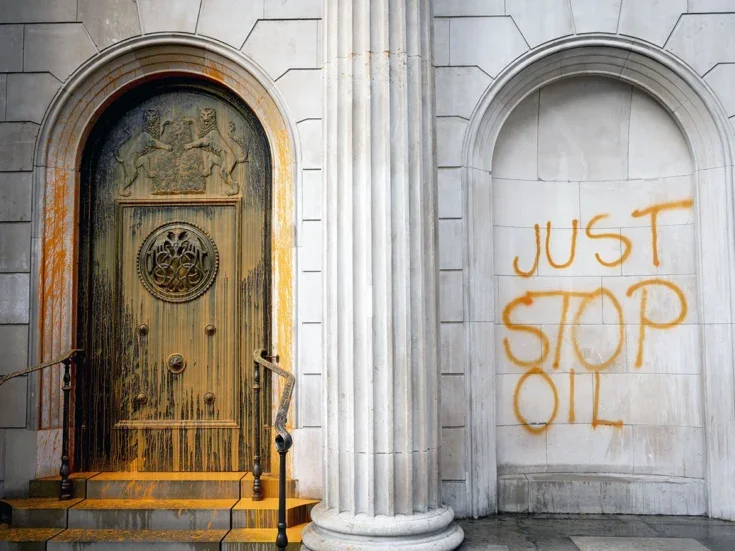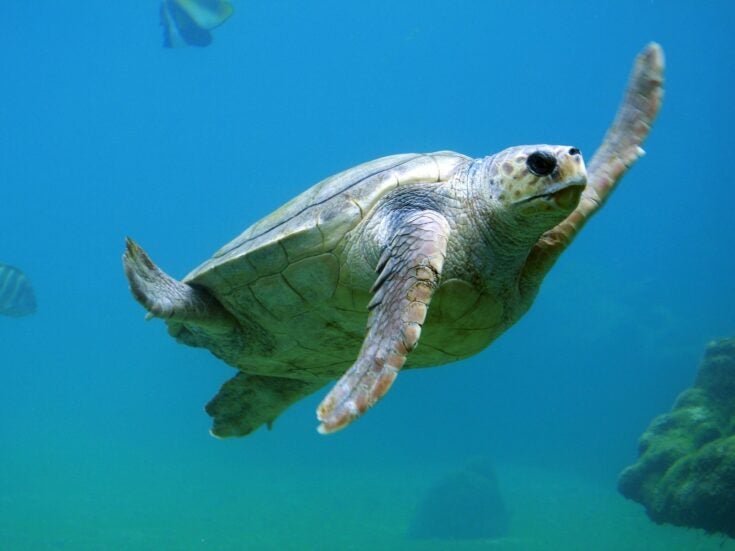The global economy has just managed to get through bucket-and-spade time without being washed out to sea, but we have now arrived at the most critical moment since the crisis began.
The global economy has just managed to get through bucket-and-spade time without being washed out to sea, but we have now arrived at the most critical moment since the crisis began. Spear’s has consistently forecasted a double-dip recession for the simple reason that the levels of total debt were just too high everywhere. The UK is now mired in recession, the US is getting there fast and the BRICs are joining the queue. And as for the eurozone… well, read on.
The US economy is slowing as a result of the political impasse over the deficit: where will the cuts come and what will happen to taxes as the fiscal cliff fast approaches on 1 January 2013? Nothing will get any better until the election is out of the way, but our guess is the economy will still be falling whoever wins, so Uncle Sam will have little option but to kick his can further down the road.
In the UK, Chancellor Osborne dare not move off Plan A for Austerity, otherwise borrowing costs will rise and higher interest rates will send the consumer and housing markets crashing and will decimate the banking sector. China is heading for a hard landing as it discovers that making the transition to a more consumptive economy is pretty much impossible on such a low wage-base, on which its existing export model depends.
The really acute problem is the eurozone, however, which is now the focal point of the crisis, and which threatens to trigger a global depression unless resolved once and for all in the next few weeks. The outcome of the July summit did not augur well: Spain was promised €100 billion direct assistance to its banks, only for its hopes to be proved premature, as those Germans not at the summit said ‘Nein!’ This extra assistance would count as sovereign debt, after all. So when Merkel and Hollande re-pledged themselves to save the eurozone, and Mario Draghi said the ECB would do whatever it takes, a certain amount of scepticism seems entirely reasonable.
The economic and monetary mess and legal obstacles surrounding this trio of would-be saviours is formidable. Draghi’s earlier €1 trillion sugar-rush LTRO programme has, as Spear’s predicted at the time, merely compounded the nexus between sovereign and bank inter-indebtedness. Draghi has to do better, much better, this time around, not least as the French and German banks have lent well over €1 trillion to the PIGS as well.
Small wonder that Hollande and Merkel are pledging to save the eurozone — probably minus Greece this time — as otherwise they will be bailing out their own banks, and central banks, instead. Yes, unless the single currency is saved, the Bundesbank and Banque de France could go as well. It is clear that something much bigger than the EFSF’s €500 billion bail-out fund is needed this time around: the deployment of this entire fund and another dose of Draghi’s sugar will only stave off the crisis until the autumn.
So what is holding Hollande and Merkel back at this critical moment? In Hollande’s case, it’s a simple answer: he has no shots left in his locker, which leaves only Merkel’s Germany, and the sums required make even her baulk at the size of the problem. Her purist approach is to insist on political and fiscal union first, but there is no time left for such niceties, and anyway there is no indication that the peoples of Europe want any such thing either as the North has no desire to bail out the South for ever.
Enter Draghi, the scheming central banker with his can of snake-oil, ready to grease the wheels of market contrivance. The EU shenanigans is fast becoming pure Mozartian opera: the demise and punishment of Il Dissoluta Signor Mario Draghi, dragging down his German mistress and poseur of a French count, while the Hawks of the Bundesbank, dressed in black, and the people rioting in the streets have their revenge on all those who led them by the nose to this point. From this somewhat theatrical ending, you may assume that Spear’s is pessimistic about a long-term solution emerging soon in the courts of Europe. The rest of the world can only watch, cajole and pray.






